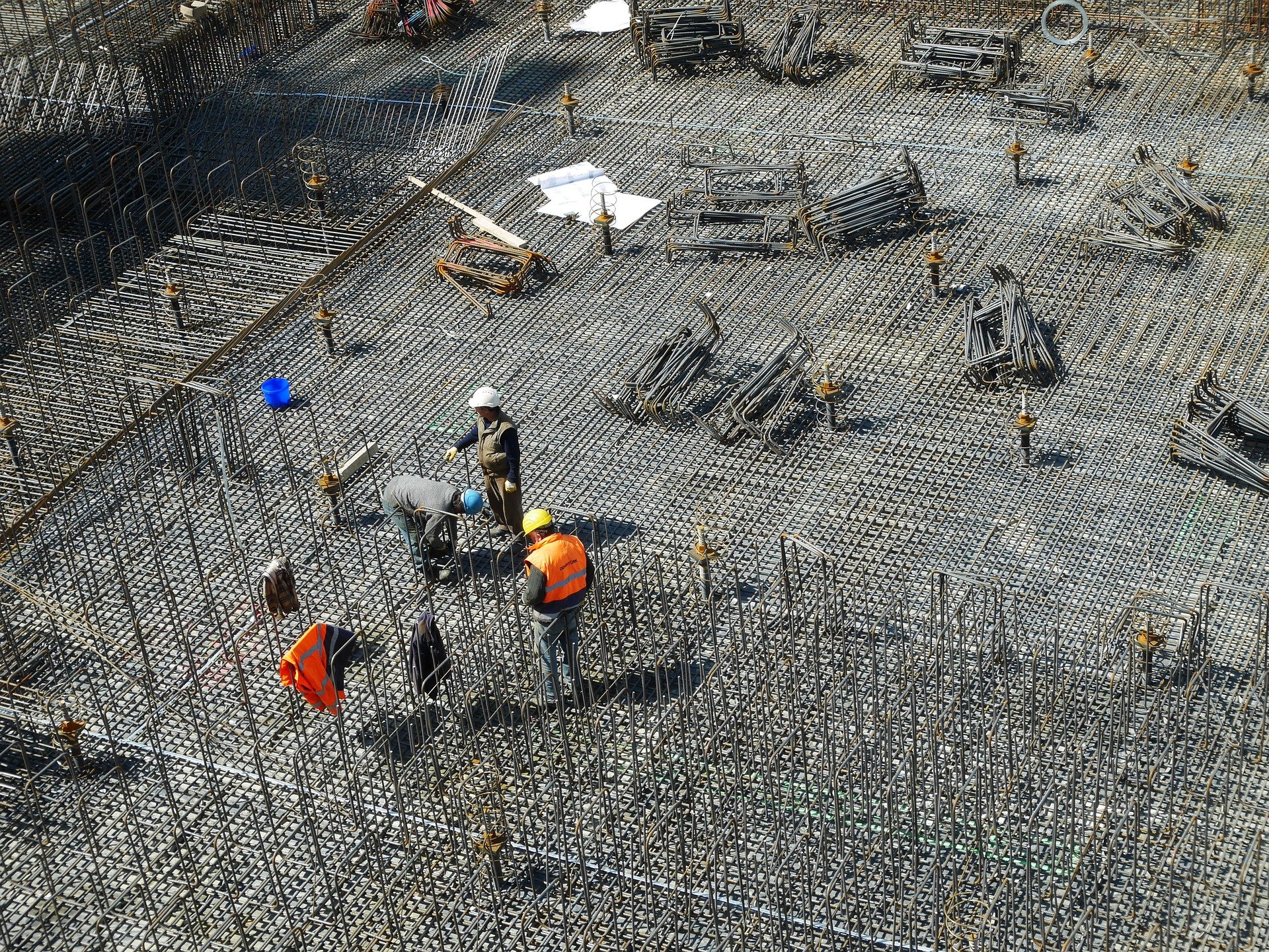
Introduction of domestic reverse charge for construction services delayed
24 September 2019| CATEGORIES: building and construction services, domestic reverse charge, VAT| TAGS: domestic reverse charge, new VAT rules
HMRC has announced that the introduction of the domestic reverse charge for construction services has been delayed by 12 months. The measure will now be introduced with effect from 1 October 2020.
Lobbying succeeds
The change was due to come into effect on 1 October 2019. However lobbying by industry representatives and the Chartered Institute of Tax who had raised concerns that some businesses in the construction sector were not ready for the change have resulted in HMRC delaying implementation of the new rules.
The domestic reverse charge imposes a significant administrative burden on businesses affected by the change. It changes the way VAT is accounted for on the relevant services which has an impact on both billing and accounting processes. In addition, there are cashflow consequences for businesses that supply services subject to the domestic reverse charge.
Lack of HMRC publicity on the changes
HMRC have been criticised for a lack of publicity on the new rules. Guidance was not published on their website until June 2019 and they have only recently started a campaign of webinars on the topic.
A survey by the Federation of Master Builders indicated that 69% of construction SMEs surveyed have not even heard of the new reverse charge.
For further information on news of the delay see HMRC’s Revenue and Customs Brief 10/2019. Also see our earlier blog article for more details on the reverse charge rules.
